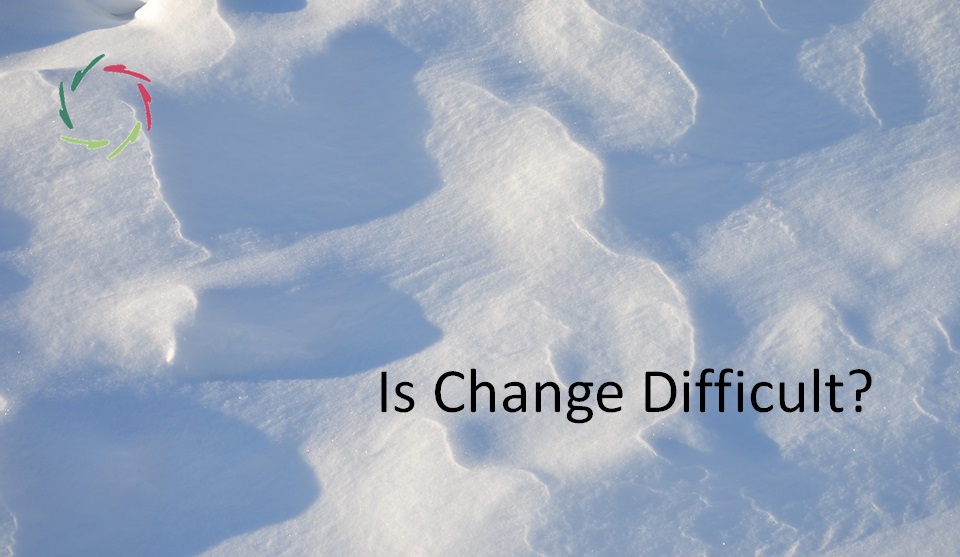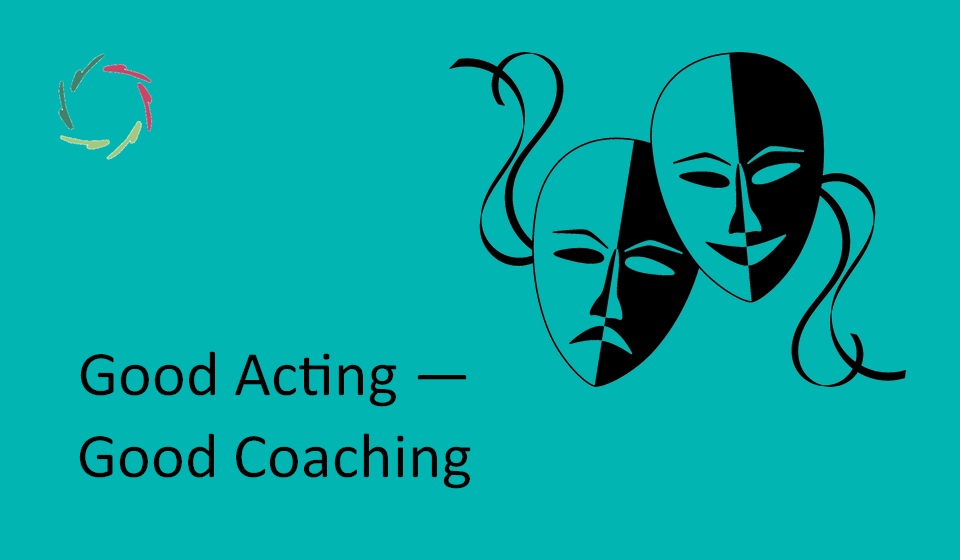The Water and the Jug

Constructionism in a poem.
Please read [see: “Constructionism“]
But let’s start with the poem.
Form of water
The form of water
in a jug
is the form of the jug
without jug.
But without jug
the water flows away
immediately
spontaneously.
▪▪▪
The form of content
in form
is the form of form
without form.
But without form
content flows away
immediately
spontaneously.
▪▪▪
Without content
form has no aim.
Without form
content has no form
and therefore doesn’t exist
but ‘is’.
[From: “Poems From a Parallel World“]
A constructed reality is one in which people look at water as if this can only have one form. This is frequently a culturally agreed-upon form. In other words, it is a social construct.
That works to a certain degree. It may be efficient but not very effective in the sense that the domain in which it works is constrained.
For instance, in the healing domain
forms may be psychotherapeutic theories and instrumental methodologies. [see: “Psychotherapy vs. Psychotherapies“]
It may be most efficient in relieving symptoms or in making one feel better, perhaps only temporarily. This is not necessarily bad, but one should openly decide what the worthwhile goal is. [see: “Is Short-Term Enough in Therapy?“]
The constructionist therapist/coach
transcends the form. He knowingly uses the form to convey the water to the client.
If he sees the client is ready for more, he may relax the form, ensuring the water doesn’t flow away and get lost.
The Compassionate coach
may be a full AURELIS-coach. [see: “Growing towards AURELIS Coach“]
Now, it’s about the content that doesn’t exist but ‘is.’
Not evident.
Are people ready for this?
A better question: Can people readily be made open to evolve towards this?
In my opinion, Yes!
But, again, not evidently. It needs a lot of support and a coach who knows very well what he’s doing.
Of utmost importance in this is a gentle slope.
Please, don’t throw your coachee off a cliff before he has learned how to fly. Even so, he should be very confident in this skill. Moreover, he shouldn’t fly too high too quickly.
The coach is responsible.
To start with, he should know how to grow real wings for/from himself. Some waxy things are dangerous. One might say they are loosely in-between a constructed reality and one of transcendence.
Strong wings are grown from the inside out. That takes something. Perhaps the most challenging hurdle lies in mere-ego. [see: “The Story of Ego“]
The path to go is one of Compassion. [see: “Compassion and Constructionism“]
Perhaps towards full Compassion? [see: “Only Compassion Works“]


